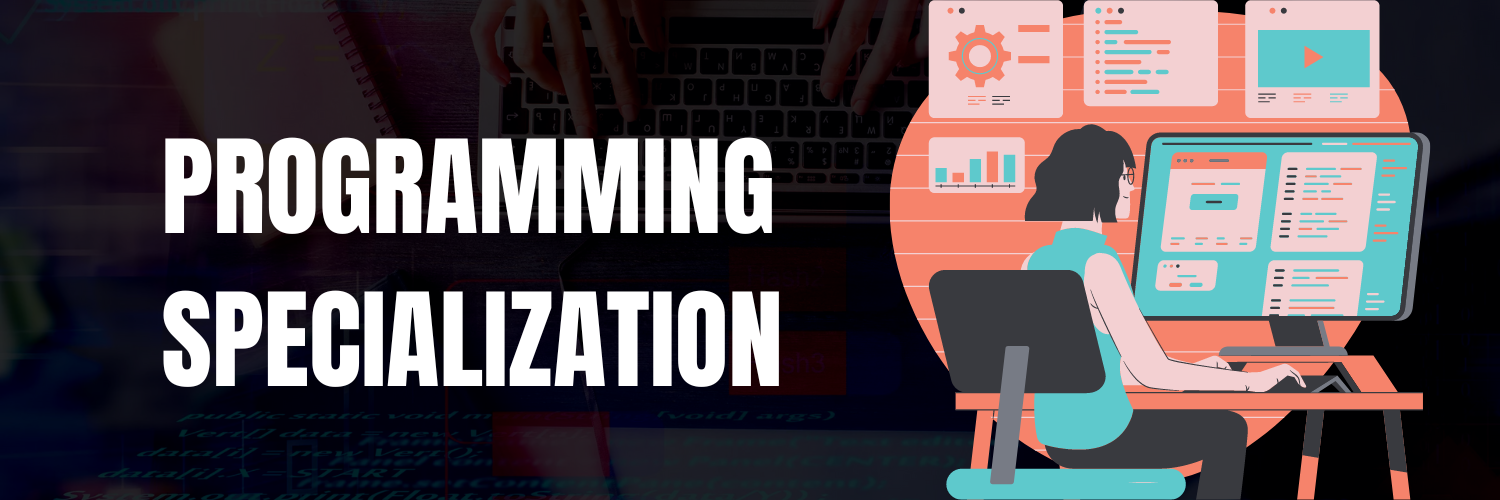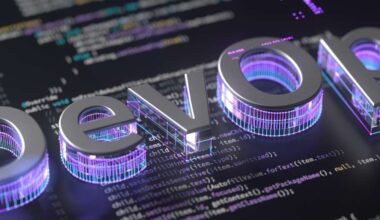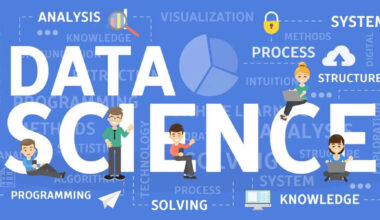Selecting a programming specialization in the dynamic world of technology is a crucial decision that requires careful consideration. This choice can significantly influence your career trajectory, unlock numerous opportunities, and establish you as an expert in a niche field. With technology evolving at a rapid pace, understanding the nuances of various specializations is essential. Here’s a comprehensive guide to help you navigate through the process of choosing the right programming specialization, ensuring you align your skills and interests with future career growth.
Understand the Landscape
The field of programming is expansive, encompassing a wide array of languages, frameworks, and tools. Before diving in, it’s crucial to have a clear understanding of the various areas within programming. Some popular specializations include:
Web Development
Web development involves creating websites and web applications, and it’s typically divided into two main roles:
- Frontend Development: This focuses on designing and developing the user interface and experience. Frontend developers use HTML to structure content, CSS for styling, and JavaScript for interactivity. Frameworks such as React, Angular, and Vue.js enhance development efficiency and provide advanced features.
- Backend Development: Backend developers handle the server side, dealing with databases, server logic, and application integration. They often use languages like Python, Ruby, and Node.js, with frameworks such as Django (Python) or Ruby on Rails (Ruby). Proficiency in database management systems like MySQL or PostgreSQL is also essential.
Mobile App Development
Mobile app development targets mobile devices, offering specialized user experiences and leveraging device-specific features:
- iOS Development: Developers use Swift or Objective-C to create apps for Apple’s iOS devices, working within Apple’s Xcode IDE and adhering to App Store guidelines.
- Android Development: For Android, the primary language is Kotlin, which has largely replaced Java. Developers use Android Studio and follow Google Play standards.
Data Science
Data science combines statistical analysis, machine learning, and data visualization to extract insights from data:
- Machine Learning: Involves creating algorithms that learn from and make predictions based on data. Proficiency in Python with libraries like scikit-learn, TensorFlow, and PyTorch is crucial.
- Statistical Modeling: Requires a strong foundation in statistics and the use of software like R or Python’s pandas library.
- Data Visualization: Involves turning data into visual insights using tools like Tableau, Power BI, or programming libraries like matplotlib and seaborn in Python.
Game Development
Game development is the process of creating video games, ranging from simple 2D games to complex 3D environments:
- Game Engines: Developers use game engines like Unity (which uses C#) or Unreal Engine (which uses C++) to build games. These engines provide tools for physics, animation, and AI.
- Graphics Programming: Involves creating the visual elements of a game, often requiring knowledge of OpenGL or DirectX.
- Game Design: Beyond programming, game development also includes aspects of storytelling, character design, and world-building.
Each of these specializations requires a blend of technical skills, creativity, and problem-solving abilities.
Assess Your Interests and Strengths
When considering a career in programming, it’s essential to introspect and identify what genuinely excites you about the field. Reflecting on your interests and strengths can guide you toward a specialization that aligns with your passions and skills. For instance, if you are captivated by the aesthetics of a website or app, front-end development or UI/UX design might be your calling. On the other hand, if you are fascinated by the underlying logic that powers applications, back-end development or systems programming could be more suitable for you.
Consider whether you are more focused on the big picture or if you thrive on intricate, detailed problem-solving. If you enjoy managing projects and overseeing the broader scope, roles in software architecture or tech lead positions might be a good fit. Conversely, if you are detail-oriented and relish deep problem-solving, specializations like algorithm development or data structures might align better with your strengths.
Research Market Demand
Understanding the market demand for various programming specializations is crucial for making an informed career choice. Regularly browsing job portals such as LinkedIn, Indeed, or Glassdoor can provide insights into the most sought-after skills and positions. Analyzing job listings helps identify patterns in job descriptions that align with your interests.
It’s important to consider regional demand as well. Some areas may have a higher demand for certain specializations. For instance, regions with a thriving startup scene might have a greater need for full-stack developers, while areas with many large corporations might require more enterprise software developers.
Choose Your Specialization
When selecting a programming specialization, it’s crucial to consider practical aspects that will impact your career’s sustainability and growth:
- Job Opportunities: Choose a field with ample job openings to ensure diverse employment options. For instance, if web development jobs are abundant in your area, it might be a practical choice.
- Salary Potential: Some specializations, like data science and mobile app development, offer higher salaries due to the specialized skills and expertise required.
- Future Growth: The tech industry evolves rapidly. Consider how a specialization might develop over time. Fields like artificial intelligence or blockchain may offer significant growth opportunities as they expand.
By evaluating these factors, you can choose a specialization that aligns with your interests and positions you for a successful career in the tech industry.
Stay Updated
Staying updated isn’t just recommended—it’s essential for a sustainable career in the tech industry. The rapid introduction of new frameworks, languages, and tools presents both challenges and opportunities for professionals who keep their skills current.
- Continuous Learning: Dedicate time to learn new technologies through courses, workshops, or certifications.
- Community Engagement: Stay informed by participating in forums, contributing to open-source projects, and attending conferences.
- Adaptability: Master new technologies and understand underlying principles to smoothly transition between specializations.
- Innovation: Stay alert for opportunities to innovate and contribute to technological advancement.
- Professional Development: Keeping skills current can lead to promotions, new opportunities, and leadership roles, showcasing commitment to growth.
Conclusion
Selecting a programming specialization is a pivotal move towards a thriving tech career. By evaluating your passions, exploring market needs, and embracing ongoing education, you can establish yourself as a coveted asset in the tech sphere. Specialization prioritizes depth over breadth, and achieving expertise in a particular domain can elevate your significance. Additionally, finding the best college for MCA Program can further enhance your skills and opportunities in your chosen specialization.






